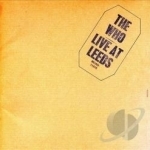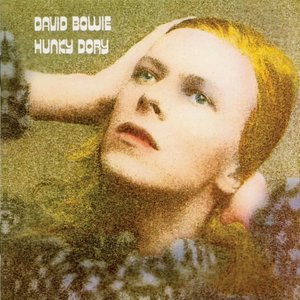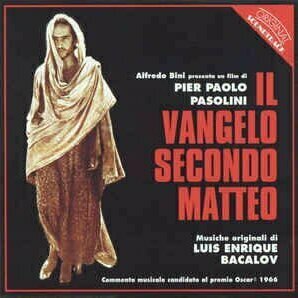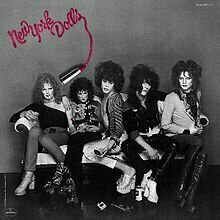Wayne Coyne recommended Live at Leeds by The Who in Music (curated)
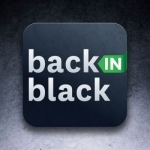
Budget with Back in Black
Finance and Productivity
App
Critically acclaimed personal budget app / personal finance app that's easy to use, feature-rich and...
Alex Kapranos recommended Hunky Dory by David Bowie in Music (curated)

RollerCoaster Tycoon® Classic
Games and Entertainment
App
RollerCoaster Tycoon® Classic is a new RCT experience, combining the best features from two of the...
Alexis Taylor recommended Il Vangelo Secondo Matteo (The Gospel According To St. Matthew) by Luis Enrique Bacalov in Music (curated)

Transformers Rescue Bots: Disaster Dash - Hero Run
Entertainment and Education
App
Gather the Rescue Bots, rescue citizens and save the world with epic DinoBots! Budge Studios™...
Adam Ant recommended New York Dolls by New York Dolls in Music (curated)
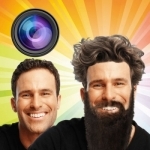
Make.over Trendy Man Hair & Beard Style.s Salon
Photo & Video and Entertainment
App
If you want to change your hair and beard style but not really sure into what, Makeover Trendy Man...
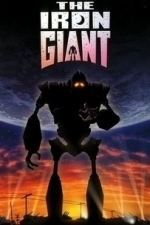
The Iron Giant (1999)
Movie Watch
The film takes place in October of 1957, when America had plenty to be worried about. Rock ’n’...

Pocket Drums
Music and Entertainment
App
Pocket Drums is the most realistic sounding and looking drum app out there! Perfect for both...
